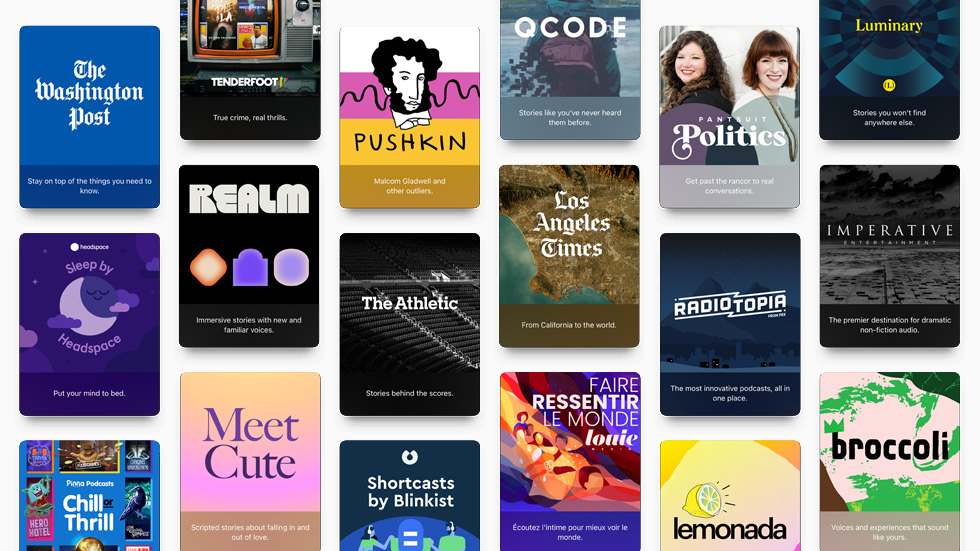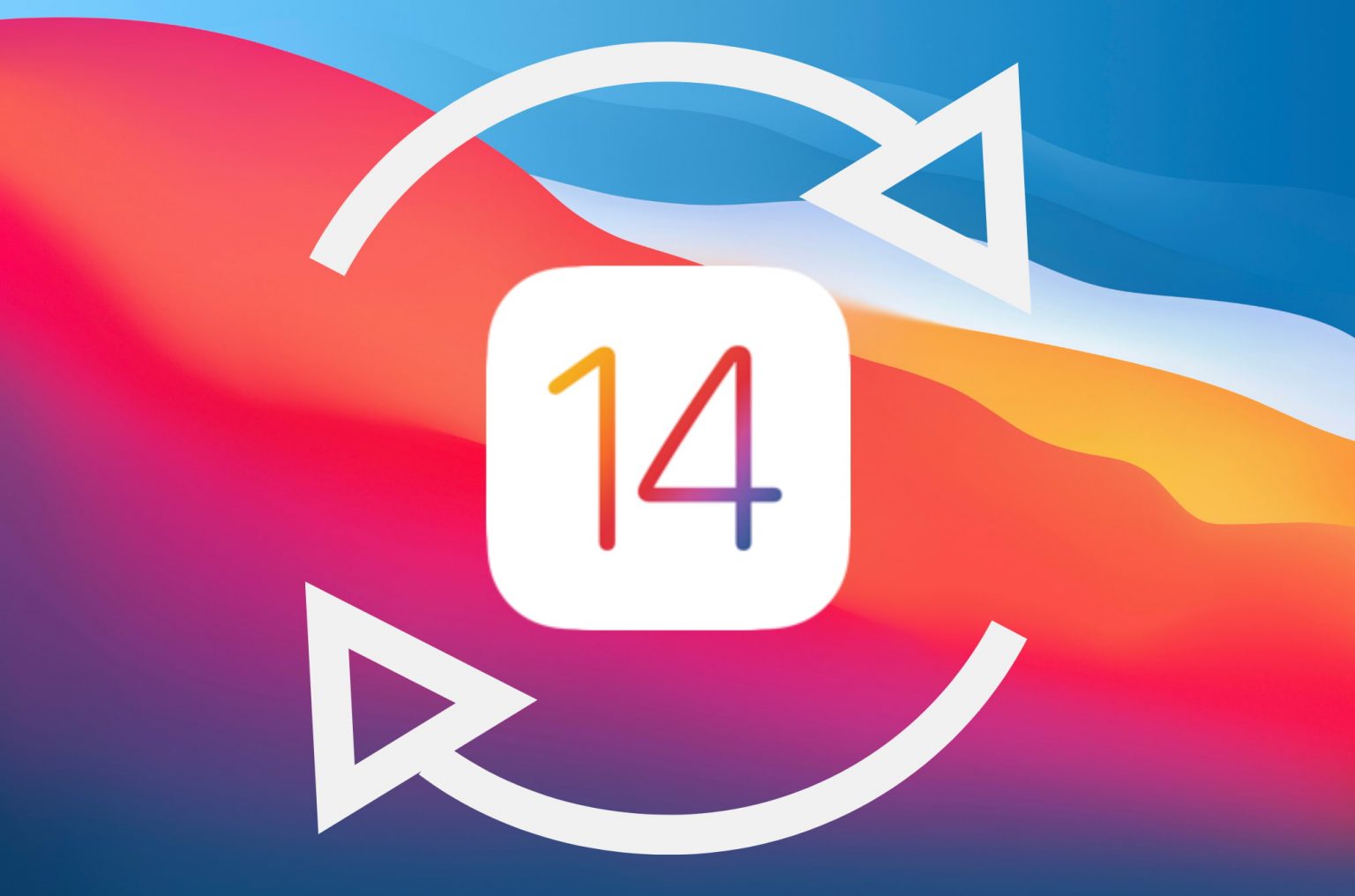Among its barrage of other announcements today, Apple has revealed its plans for a new podcast subscription service. The name of it is—you guessed it—Apple Podcasts Subscriptions, and the company says it will be a 'global marketplace for listeners to discover premium subscriptions offered by their favorite creators.'
Apple announces new podcast subscription service







